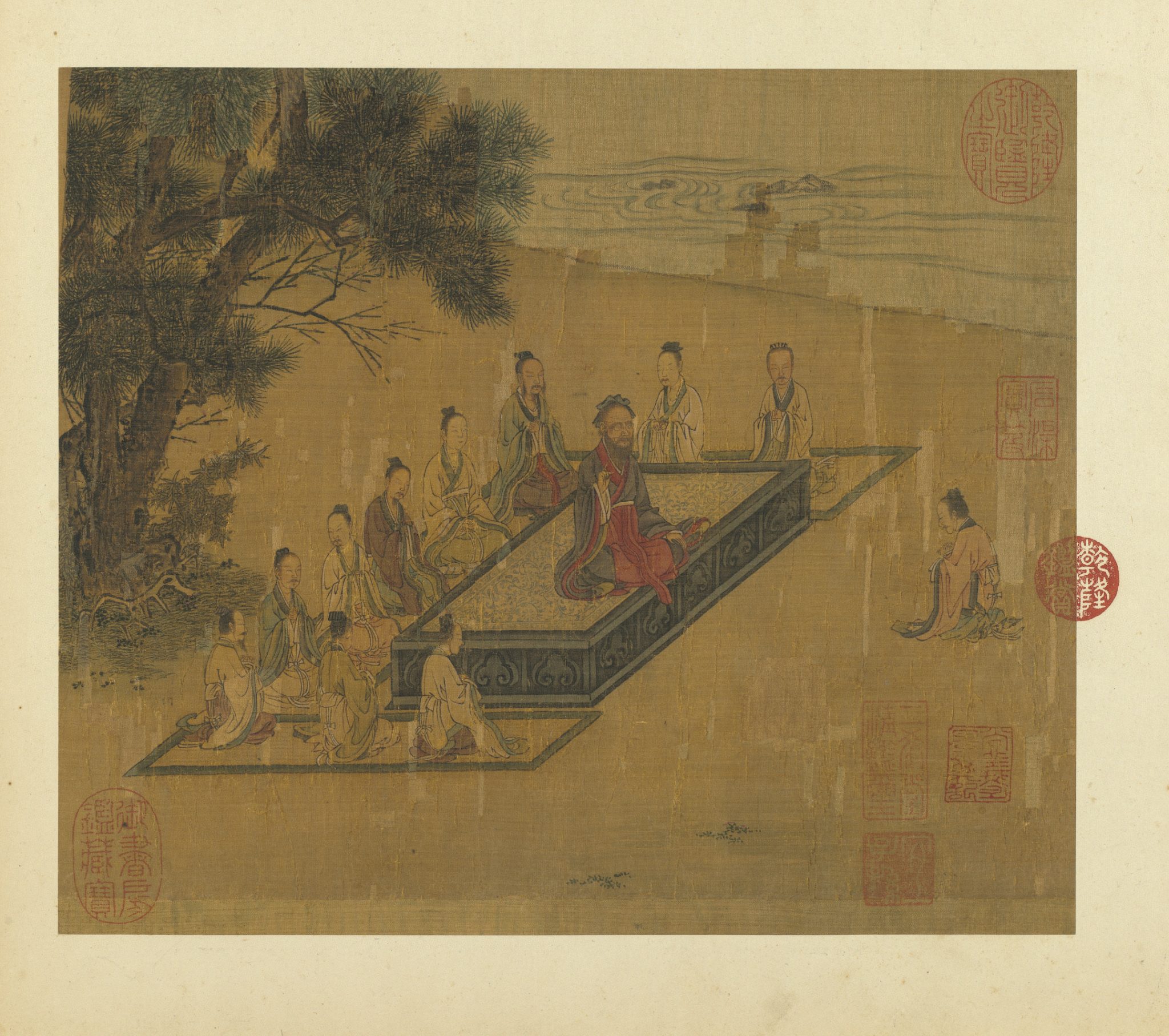How to work together: A Confucian guide to workplace relations
We may spend more time during the day and most days of the week with colleagues than family members, which makes work relations vital to realising the good life. In early Confucian thought, the shared goal of mutual personal growth for both leader and subordinate was to ensure a thriving community. We bring to light how the seemingly hierarchical work setting accommodated a dynamic nature to the relationship – drawing on Confucius and other exemplars who creatively engaged with others even in difficult situations. Confucius lived over 2000 years ago, yet his influence remains very strong in China. During the […]
How to lead: A Confucian guide to wise leadership
Leadership has never been easy – even over two thousand years ago in ancient China. Confucius and those who followed in his footsteps travelled to various states to offer ideas on better leadership for all levels of government. They argued that wise leadership is not a skill developed in isolation, but rather the culmination of an embodied virtuosity in interactions. For example, the exemplary Shun developed within a dysfunctional family, influencing his closest family members as well as his community and state. Confucius lived over 2000 years ago, yet his influence remains very strong in China. During the Han dynasty, […]
How to learn: A Confucian guide to studying
In the very first line of the Analects, Confucius states: “Learning and constant practice – is it not enjoyable?” Many are engaged in different forms of learning through school or work but may not necessarily find the process enjoyable. This presentation analyses the learning, practice, and time element in Confucius’ famous quote to glean lessons for learners today. Confucius lived over 2000 years ago, yet his influence remains very strong in China. During the Han dynasty, 'Confucianism' was adopted as the underlying ideology for imperial rule and family order. Throughout China’s history, Confucianism has been challenged, reinterpreted, and appropriated. From […]


